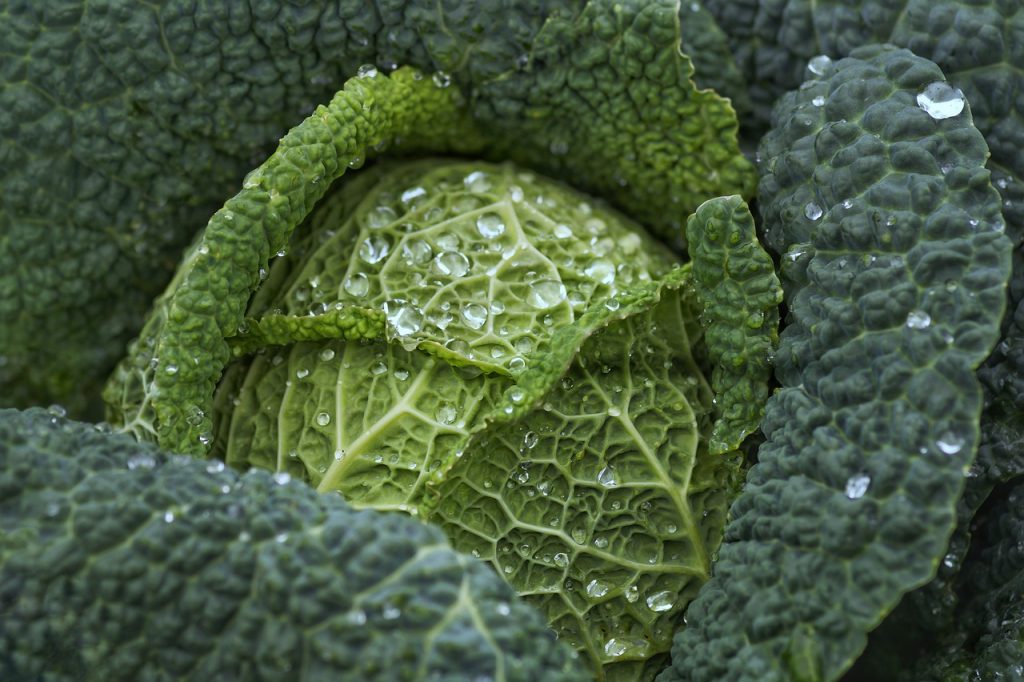Vitamin K is gaining attention because it has a much greater effect on our health than previously thought. It isn’t a single substance, but a family of nutrients that plays a critical role in preventing disease, including osteoporosis and hardening of arteries that leads to heart attacks and strokes. Traditionally, vitamin K has been viewed as essential for healthy blood clotting—we could bleed to death from a minor cut without it. In this sense, deficiency has not been viewed as a problem for healthy people, but this holds true for only one form of the vitamin: K1. Vitamin K2 is another story. In nature, it exists in 10 subtypes whose names—MK-4 through MK-13—designate different molecular structures within the K2 family. All of their functions are not fully understood yet, and there is no established daily requirement for vitamin K2, but the need is clear.
Why Vitamin K2 is Essential ?
Research has shown that vitamin K2 has a pivotal effect on how our bodies utilize calcium. Higher levels of K2 correlate with calcium being deposited in bones, where it helps to prevent osteoporosis, while low levels correlate with harmful calcium deposits in arteries. In Japan, vitamin K2 is an approved treatment for osteoporosis. It’s been shown to stop decline in bone mineral density and, in some cases, to reverse it. Here are some research highlights:
In the Netherlands, the effects of vitamins K1 and K2 were examined among 4,807 healthy men and women, who were aged 55 or older at the outset. Their diets and health were monitored for up to 10 years. Dietitians calculated the amounts of vitamins K1 and K2 in participants’ diets and found that those who consumed the most K2 developed the least coronary artery disease and were least likely to die. There was no similar correlation with vitamin K1.
A study of 244 postmenopausal women compared the effects of taking a placebo or 180 mcg of the MK-7 form of vitamin K2 (MenaQ7, a patented form), daily for 3 years. Bone scans showed that the MK-7 supplement significantly reduced age-related bone loss and increased the strength of bones.
Another study looked at vitamin K in the diets of 16,057 women who were between the ages of 49 and 70 and had no heart disease. Researchers monitored them for 6–8 years and found that those who consumed the most vitamin K2 developed the least heart disease; vitamin K1, however, did not affect the heart.
Low levels of vitamin K2 also correlate with higher incidence of diabetes. In addition, emerging research is finding a link between adequate K2 and cancer prevention, proper immune function, and healthy liver, kidney, and neurological function.
Food Sources of Vitamins K
Vitamin K1 is found in leafy green vegetables, and it’s estimated that most people get enough K1 from food. But our levels of vitamin K2 quite likely fall short. The richest source of K2 is natto, a fermented soy food that isn’t a usual part of a Western diet. Other sources include animal foods, especially liver and dark meat with skin from chicken and duck, egg yolks, and full-fat cheeses. Foods from grass-fed animals, who convert the vitamin K1 in grass into vitamin K2, contain more K2 than the same foods from grain-fed animals. A Western diet may not provide enough K2, but supplements can bridge the gap.
Source: “Better Nutrition”

